Joe Ajaero, the President of the Nigeria Labour Congress (NLC), has launched a scathing attack on the Minister of Power, Adebayo Adelabu, regarding the controversial electricity bands and migration plans.
Ajaero questioned the fairness of the current system, which categorizes electricity users into different bands, arguing that it is inherently discriminatory. He denounced the service-based tariff system that assigns users to bands based on the level of service provided by distribution companies, labeling it the “highest form of 419,” a term synonymous with fraud in Nigeria.
During a budget defense session at the National Assembly this week, Minister Adelabu claimed that 90 percent of users in Band A have confirmed they are receiving the promised benefits of their classification. He also stated that more customers would be migrated to Band A to enjoy extended hours of electricity supply.
However, Ajaero, appearing as a guest on Channels Television’s Politics Today on Thursday, challenged the notion of customer migration between bands. “Now the ministry is talking about migrating from Band B to Band A, that is the highest level of 419 one can think of,” he asserted, referencing the local term for fraudulent schemes. He questioned the criteria for categorizing users into different bands, asking, “Is it based on geographical area or the provider’s discretion?”
He further criticized the rationale behind the banding system, stating, “In countries striving for 24-hour power supply, why would anyone discuss Band A or Band B? This concept is designed to generate unnecessary revenue while misleading the public about migration.”
Ajaero demanded clarity on the conditions required to qualify for Band A versus Band B, expressing frustration over the perceived inequity: “Why discriminate? Why assign me to Band B while another person enjoys Band A?”
The classification system defines Band A users as those receiving electricity for 20 hours per day, Band B for a minimum of 16 hours, Band C for at least 12 hours, Band D for a minimum of 8 hours, and Band E for just 4 hours of supply.
Additionally, Ajaero criticized the Federal Government for allocating funds to power distribution companies, which he described as private entities, in the 2025 budget. He argued that the government should redirect these funds to other sectors, insisting that privately-owned power companies should utilize their own revenue to sustain operations.
Ajaero’s remarks underscore growing concerns over Nigeria’s electricity distribution system and the ongoing struggles with reliable power supply across the country.
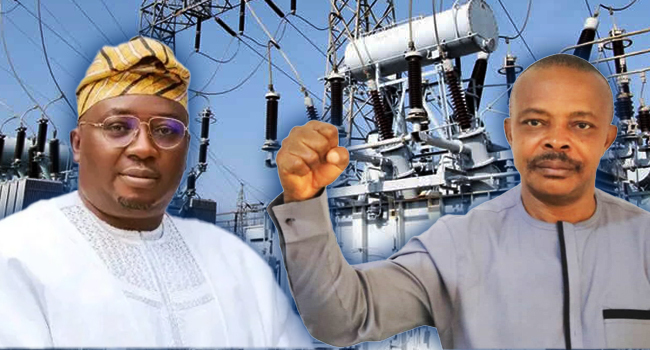
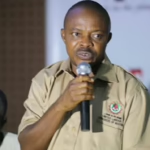


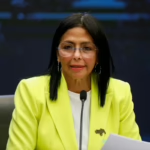

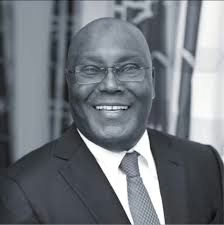

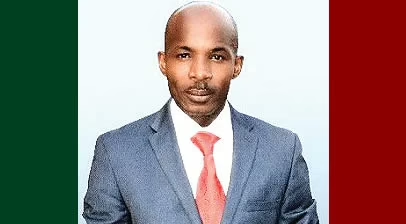

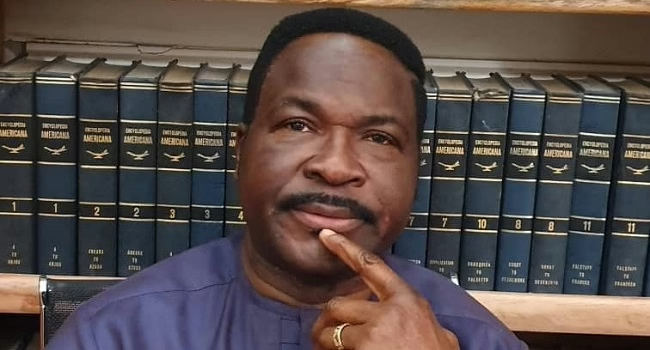
Leave a Reply